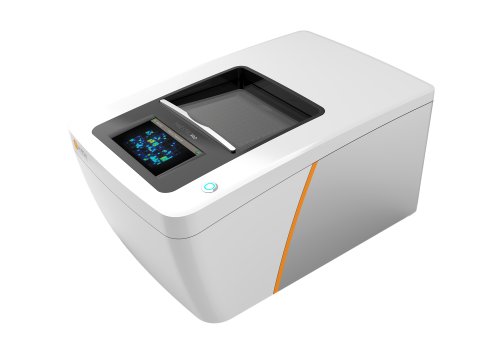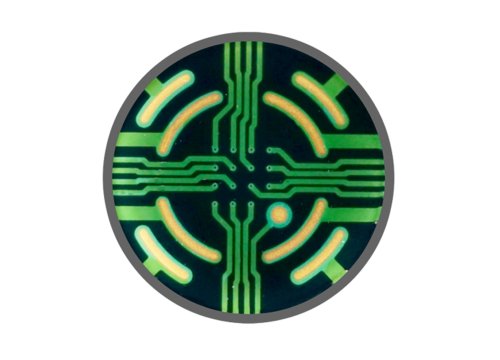Tobert KE, Tester DJ, Zhou W, Haglund-Turnquist CM, Giudicessi JR, and Ackerman MJ.
Heart Rhythm, 06 February 2022
Researchers use Axion’s local extracellular action potential (LEAP) assay and other methods to reveal a new LQTS subtype
Most cases of long QT syndrome (LQTS)—a potentially life-threatening cardiac condition that affects the heart’s electrical conduction system—can be attributed to pathogenic variants of KCNQ1, KCNH2, and SCN5A genes, but even after comprehensive testing about 10 percent have no identified genetic cause. In this study, scientists uncover a novel deep intronic KCNH2 variant by performing genome sequencing on a multigenerational family with a history of LQTS including sudden death whose initial genetic testing failed to detect any known LQTS-causative genes.
To examine cardiac activity with Axion’s Maestro multielectrode array (MEA) platform, the researchers generated patient-specific induced pluripotent stem cell-derived cardiomyocytes (iPSC-CMs) from six affected family members and CRISPR/Cas9-gene variant corrected control iPSC-CMs. MEA-based testing revealed that both field potential duration and local extracellular action potential (LEAP)-based action potential duration were significantly increased in the affected iPSC-CMs compared to controls—findings that establish the variant as the monogenetic cause of LQTS in the family. The authors suggest that deep intronic variants should be considered when evaluating patients presenting with LQTS phenotypes that cannot be identified by traditional testing.


